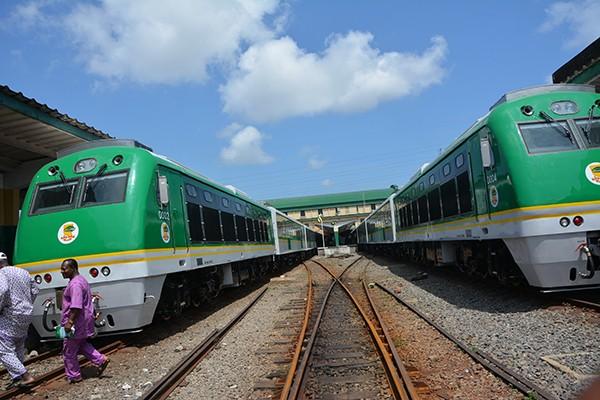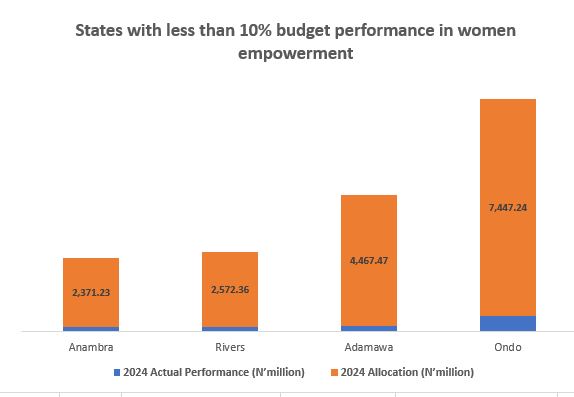The rail actual freight traffic declined by 49.77 percent to 16,159 tons in second quarter of 2017, from 32,168 tons in first quarter of the same year, according to data released yesterday by the National Bureau of Statistics (NBS).
When compared with the corresponding period, the actual freight traffic dropped by 33.25 percent from 24,209 in Q2, 2016.
Ayodeji Ebo, managing director, Afrinvest Securities limited, attributed this to the volatility of foreign exchange experience during the period before the introduction of exporter and investors forex window.
He told BusinessDay by phone that although there has been an improvement in FX availability, it may not translate to immediate resolution of business.
The NBS report revealed that Fertiliser led the freight traffic as the volume stood at 7,059 tons in second quarter 2017, an increase of 179.78 percent compared to 2,523 tons in the corresponding period of 2016. It increased by 96.08 percent from 3,600 in the preceding period (Q1 2017).
This was followed by cement as actual ton freight traffic for cement stood at 5,400 in second quarter of 2017 from 5,320 tons in first quarter of 2017. There was no figure for corresponding period of 2016. In actual trip freight traffic, cement led by 8 trips in second quarter of 2017 from 7 trips in the preceding period.
Johnson Chukwu, managing director/CEO, Cowry Asset Management limited told BusinessDay by phone that Nigeria still has a grossly inefficient rail system, adding that the only reliable corridor is the Abuja – Kaduna gate.
Chukwu said for the country to reduce cost of business and improve competiveness it needs multi-modal transport system. He said the government should consider public private partnership and identify commercially viable corridor as option to improve the transport system.
The number of passengers who travelled via the rail system stood at 596,792 in second quarter of 2017. This show a 22.30 decrease compared to 768,093 in first quarter, according to data from the NBS.
When compared with the corresponding period of second quarter 2016, it dropped by 19.66 percent from 742,826 (Q2 2016) passengers.
The Lagos Mass Transit Train service from Iddo/Apapa to Ijoko recorded the highest number with 427,760 passengers while the Minna to Kaduna Train Service recorded the least with 573 passengers.
Similarly, a total of 1,866 trips were embarked on via the rail system in Q2 2017 as against 1,755 trips recorded in Q1 2017 and 1,588 in Q2 2016 respectively. The Lagos Mass Transit Train service from Iddo/Apapa to Ijoko recorded the highest number with 1,002 trips while the Port Harcourt to Kano Train Service recorded the least with 2 trips.
Rail transportation actual passenger from Kaduna (Rigasa) to Abuja (Idu) Train Service was 76,820 in second quarter of 2017, reflecting a decline from 86,966 in first quarter 2017.
Actual passenger from Iddo (Lagos) to Ilorin Train Service dropped from 3,620 in first quarter 2017 to 2,663 in second quarter of the same year. The report shows that actual passenger from Aba to Port Harcourt Train Service in second quarter 2017 was 42,547 as against 64,924 passengers in first quarter 2017.
HOPE MOSES-ASHIKE










